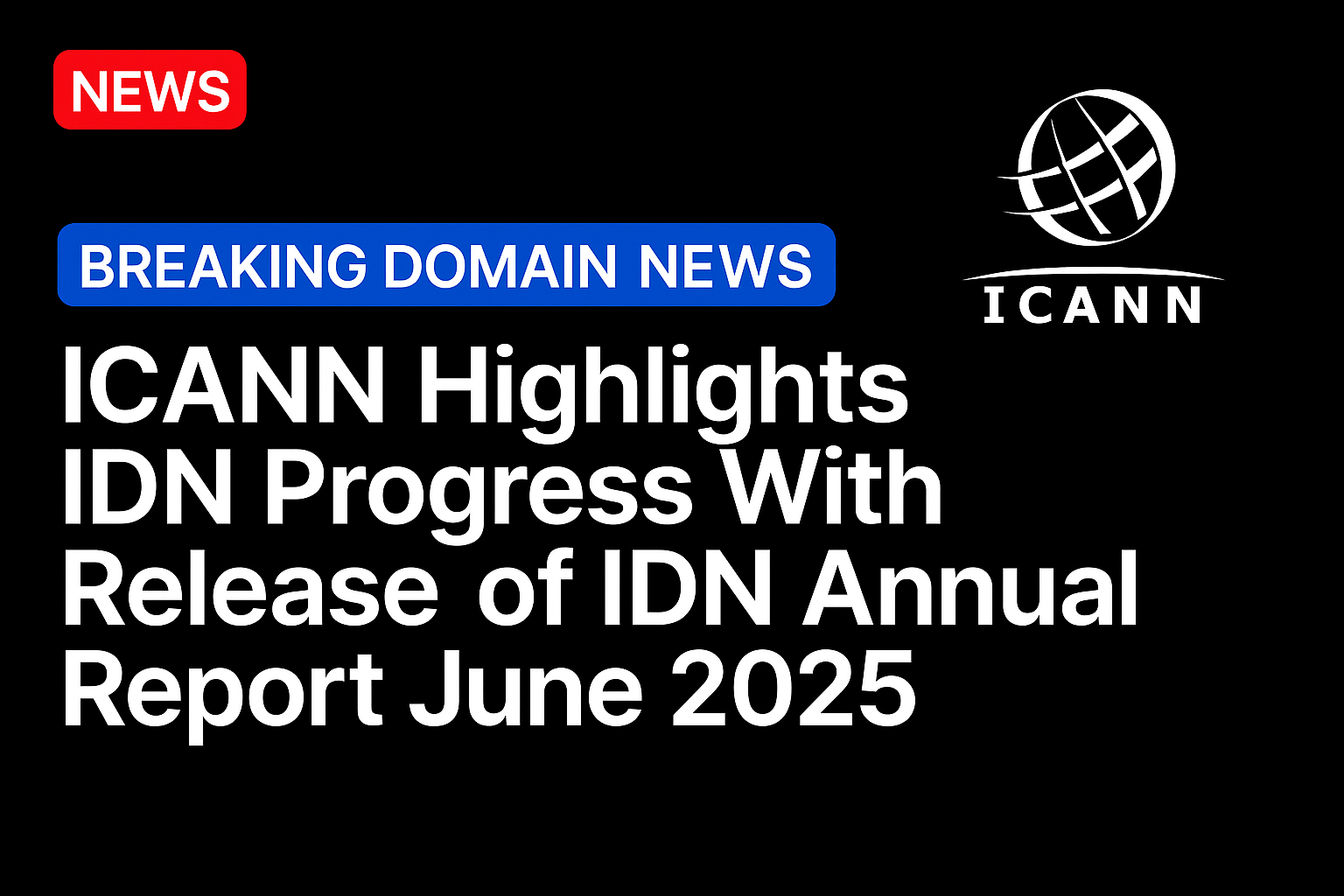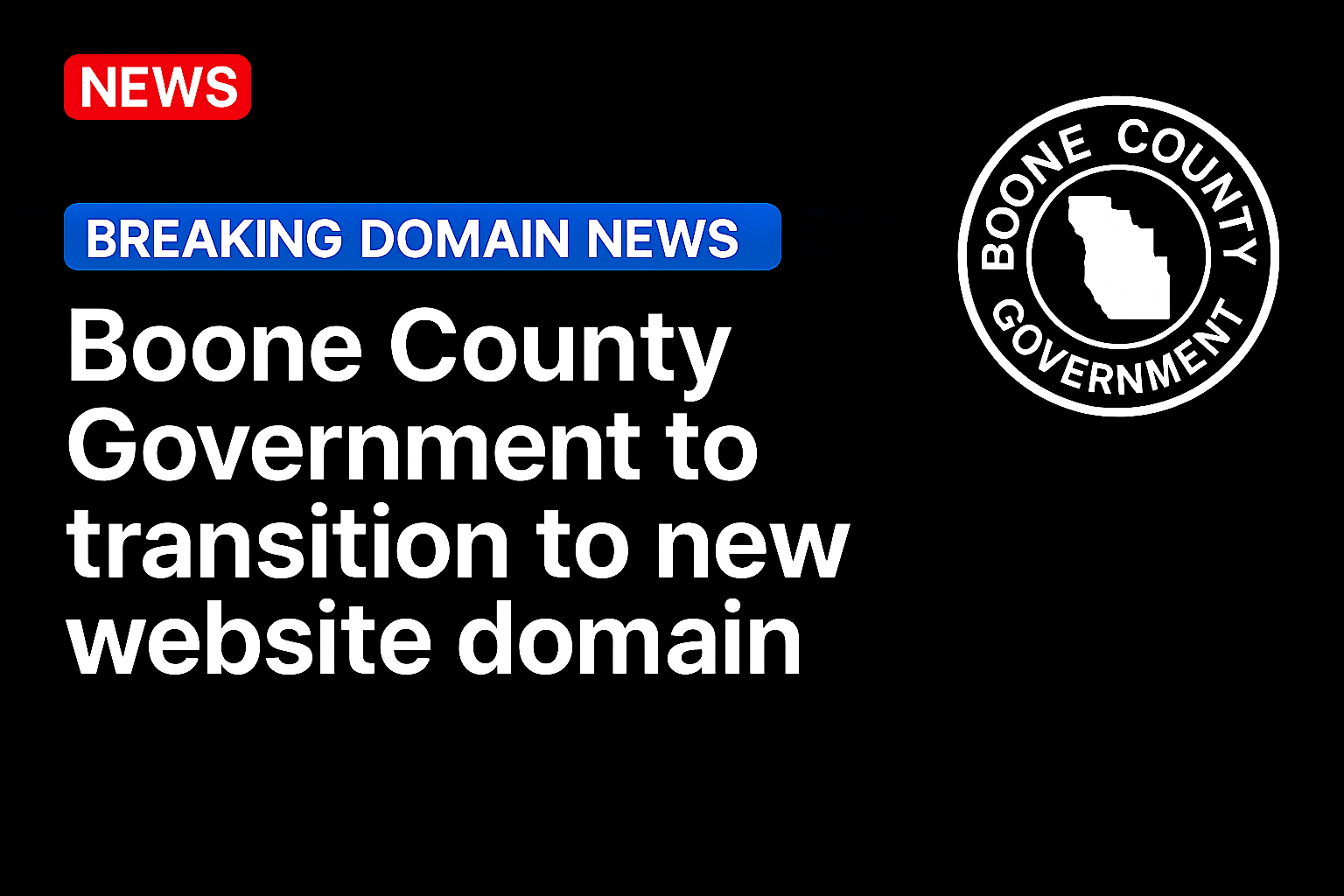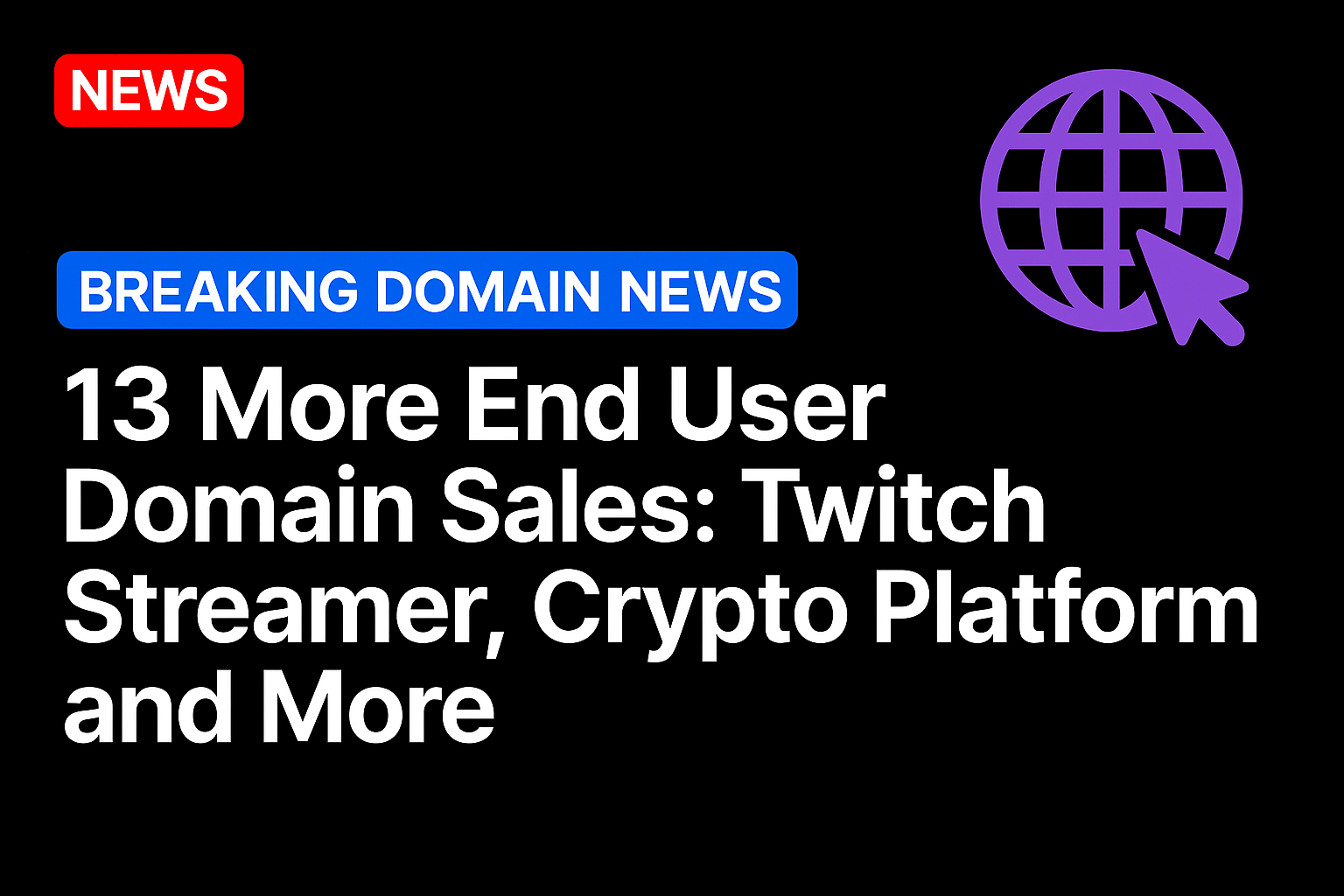The Internet Corporation for Assigned Names and Numbers (ICANN) today published the IDN Annual Report June 2025, providing a comprehensive overview of the recent progress made by ICANN and the global multistakeholder community toward supporting a more multilingual and inclusive Internet.
At the heart of this effort are Internationalized Domain Names (IDNs), which enable domain names in different scripts – such as Arabic, Chinese, Cyrillic, Devanagari, and others – allowing people to access and use the Internet in their local languages. By helping users navigate the Internet in scripts familiar to them, IDNs play a critical role in advancing a more linguistically diverse online experience.
Since the first IDN top-level domains (TLDs) were introduced more than a decade ago, ICANN and the broader community have worked together to further develop the technical, policy, and implementation frameworks needed to support IDNs in a secure and stable manner. The 2025 report highlights various developments and milestones that support IDN deployment and adoption from July 2024 through June 2025.
Below is an overview of the progress documented in this year’s report:
Key Milestones and Trends
- As of June 2025, a total of 151 TLDs have been delegated as IDNs, representing 37 languages across 23 scripts.
- The Chinese script remains dominant at the second level, representing 49 percent of IDN registrations under gTLDs, followed by the Latin script at 28 percent.
- Over 11,000 IDN tables have been published in the Internet Assigned Numbers Authority Repository, demonstrating broad support for a range of scripts and languages.
Technical and Community Advancements
- Root Zone Label Generation Rules Version 6 was released for Public Comment, expanding support to 27 scripts, including recent additions like Thaana.
- The Label Generation Rules Tool is advancing efforts to enhance the secure and consistent implementation of IDNs across the Domain Name System (DNS).
- IDN Implementation Guidelines Version 4.1 went into effect in April 2025, bolstering protections against consumer confusion and DNS Abuse.
Policy Progress
- The Generic Names Supporting Organization finalized the Phase 2 Report of its Expedited Policy Development Process (EPDP) on IDNs, focused on second-level domains. The report is currently under Board consideration.
- The Country Code Names Supporting Organization completed its work on ccPDP4, a policy framework for the (de)selection of IDN ccTLD strings, also now under ICANN Board consideration.
While the growth of IDNs is encouraging, a truly multilingual Internet also requires Universal Acceptance (UA), the principle that all valid domain names and email addresses, regardless of language, script, or length, are accepted and processed correctly by all Internet-enabled systems. ICANN continues to work with the Internet community around the world to promote UA-readiness globally.
For more information on IDNs and the ICANN organization’s IDN Program, please visit the dedicated IDN page.
About ICANN
ICANN’s mission is to help ensure a stable, secure, and unified global Internet. To reach another person on the Internet, you need to type an address – a name or a number – into your computer or other device. That address must be unique so computers know where to find each other. ICANN helps coordinate and support these unique identifiers across the world. ICANN was formed in 1998 as a nonprofit public benefit corporation with a community of participants from all over the world.
Source: https://www.icann.org/




